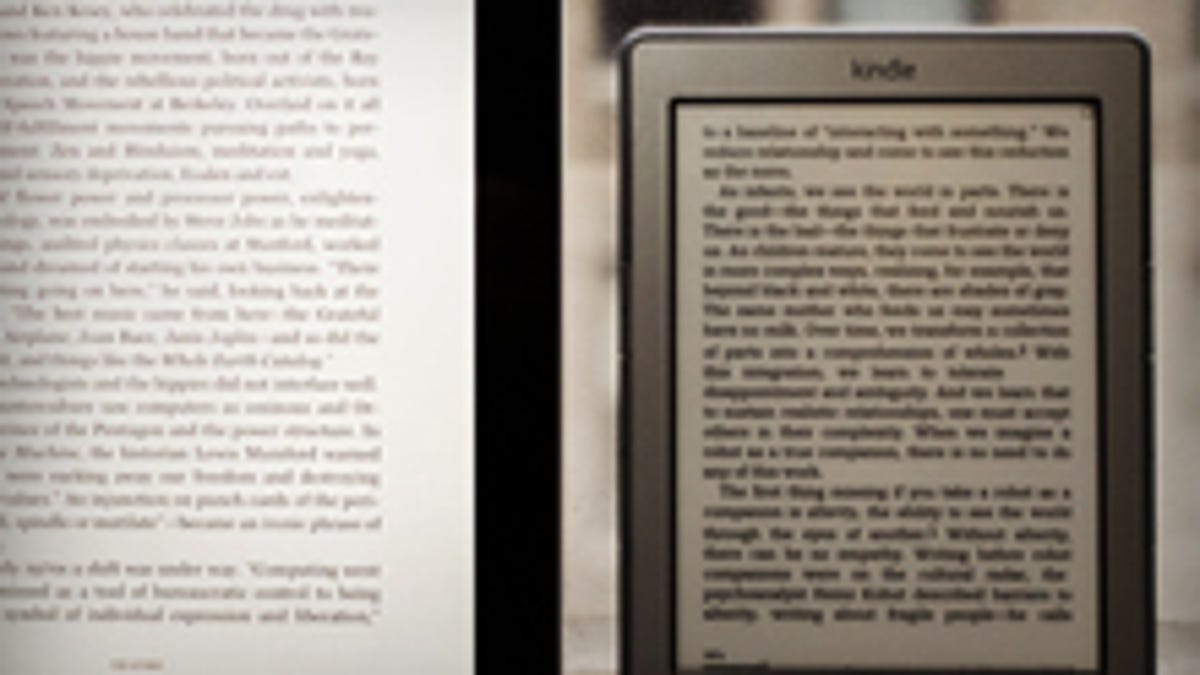Pearson, Bertelsmann team up with eye on digital books
Joint venture will pool resources of Penguin and Random House to create a new publishing house and propel the firms into a digital age.

Pearson and Bertelsmann today announced an agreement to create a global consumer publishing organization by combining Penguin and Random House.
The two firms are well-known for their English language publishing activities in the U.S. and the United Kingdom. Penguin, a brand based in the Pearson group and Bertelsmann's Random House will now be combining their resources in a joint venture called Penguin Random House. Under the terms of the agreement, Bertelsmann will own 53 percent of the joint venture and Pearson will own 47 percent.
Marjorie Scardino, chief executive of Pearson, said that the move would result in the two publishers being able to "share a large part of their costs" and invest "more for their author and reader constituencies" while moving towards the digital books and readers market. In addition, the chairman and CEO of Bertelsmann, Thomas Rabe, believes that the merger will help the firms build on their more traditional publishing methods.
The joint venture will not include Bertelsmann's trade publishing business in Germany, and Pearson will retain rights to use the Penguin brand in education markets worldwide. Markus Dohle, currently chief executive of Random House, will become the chief executive of Penguin Random House.
Bertelsmann and Pearson say that the joint venture will create "a stronger platform and greater resources to invest in rich content, new digital publishing models and high-growth emerging markets," and will make self-publishing easier to promote and access worldwide. Although no mention of rivals -- including Amazon -- or how e-book distribution is steadily chipping away at the traditional publishing market was made, if the two publishing houses are going to survive, then they have to expand and modernize.
Random House reported revenues of $2.4 billion and operating profit of $258 million in 2011. Penguin has reported revenues of $1.6 billion and operating profit of $178 million.

